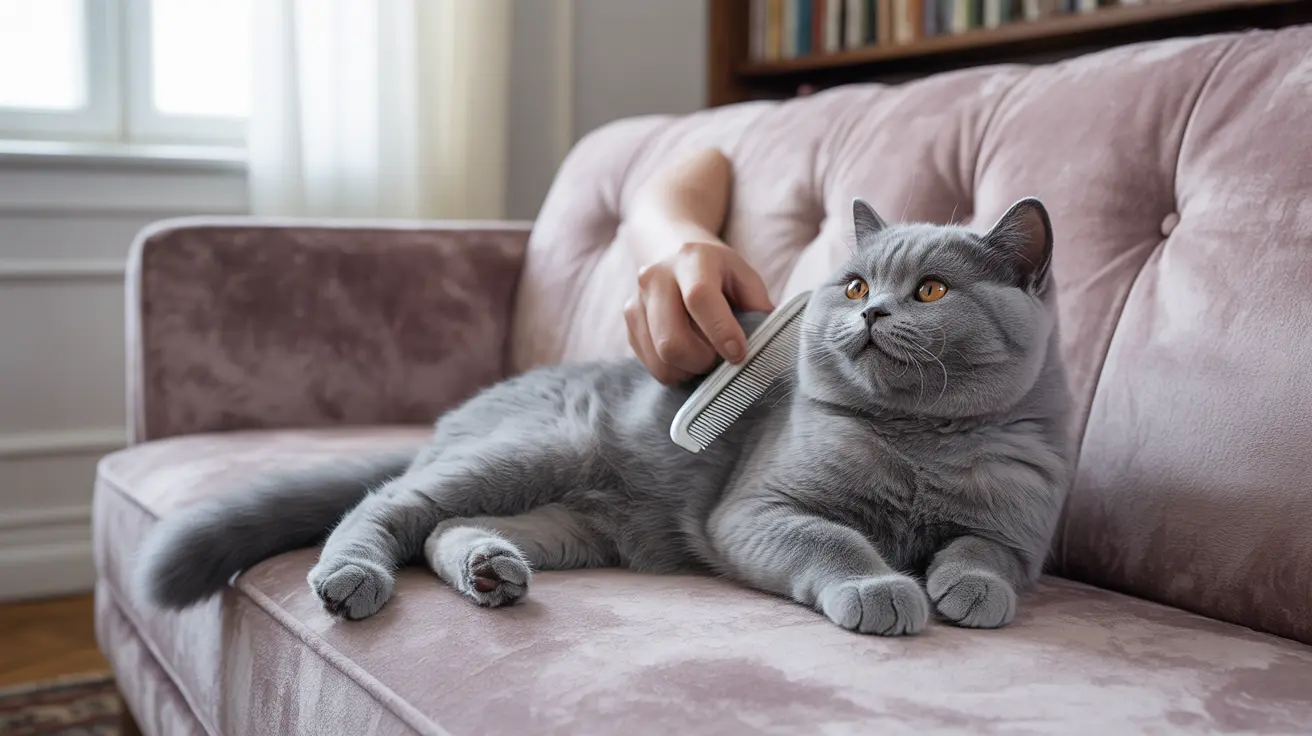Understanding Flea Control During Cat Pregnancy
When it comes to protecting our feline friends from fleas, pregnant cats require special consideration. Many cat owners wonder about the safety of flea collars during pregnancy, as these common pest control devices could potentially affect both mother and unborn kittens.
The short answer is that veterinarians generally recommend against using flea collars on pregnant cats due to safety concerns and lack of sufficient research on their effects during pregnancy. Let's explore why this is the case and what alternatives are available.
Safety Concerns with Flea Collars During Pregnancy
Flea collars work by releasing insecticides that spread across your cat's skin and fur. During pregnancy, these chemicals pose several potential risks:
- Absorption through the mother's skin can expose developing kittens to pesticides
- Increased sensitivity to chemicals during pregnancy
- Possible developmental effects on unborn kittens
- Risk of complications during pregnancy or birth
Veterinarian-Recommended Alternatives
Instead of using flea collars, veterinarians typically recommend safer alternatives for pregnant cats:
Safe Treatment Options
- Veterinary-approved spot-on treatments containing Fipronil
- Regular flea combing to manually remove fleas
- Environmental flea control measures
- Careful monitoring and prevention
Environmental Control Methods
Focus on treating your home environment to reduce flea populations:
- Vacuum carpets and furniture daily
- Wash pet bedding in hot water weekly
- Treat outdoor areas where your cat spends time
- Keep other pets in the household treated for fleas
Why Flea Control Matters During Pregnancy
While flea collars aren't recommended, controlling fleas during pregnancy remains crucial because:
- Heavy flea infestations can cause anemia in pregnant cats
- Fleas can transmit diseases that affect pregnancy outcomes
- Newborn kittens are vulnerable to flea-related health issues
- Nursing mothers can pass flea-related problems to their kittens
Professional Guidance and Monitoring
Always consult with your veterinarian before starting any flea treatment during pregnancy. They can:
- Assess the severity of the flea problem
- Recommend pregnancy-safe treatment options
- Monitor your cat's health throughout pregnancy
- Adjust treatment plans as needed
Frequently Asked Questions
Can pregnant cats wear flea collars safely, or should they be avoided?
Most veterinarians recommend avoiding flea collars during pregnancy due to potential risks from chemical exposure to both mother and unborn kittens.
What are the risks of using flea collars on pregnant or nursing cats, and which brands are not recommended?
The risks include exposure to pesticides, potential developmental issues in kittens, and complications during pregnancy. Most major brands, including Seresto, don't recommend their use during pregnancy.
What alternative flea treatments are safe for cats during pregnancy, and how should I choose one?
Veterinarian-approved spot-on treatments containing Fipronil are often considered safer. Always consult your vet before choosing any treatment option.
How important is flea control for pregnant cats, and what happens if fleas go untreated?
Flea control is crucial during pregnancy as untreated infestations can lead to anemia, disease transmission, and health issues for both mother and kittens.
What precautions should I take when treating a pregnant cat for fleas, and when should I consult a veterinarian?
Always consult a veterinarian before starting any flea treatment. They can recommend safe options and monitor your cat's health throughout the treatment process.
Conclusion
While flea control is essential during pregnancy, flea collars are not the safest option for expecting cats. Focus on veterinary-approved treatments and environmental control measures to protect both mother and kittens. Always work closely with your veterinarian to develop a safe and effective flea control strategy during pregnancy.






